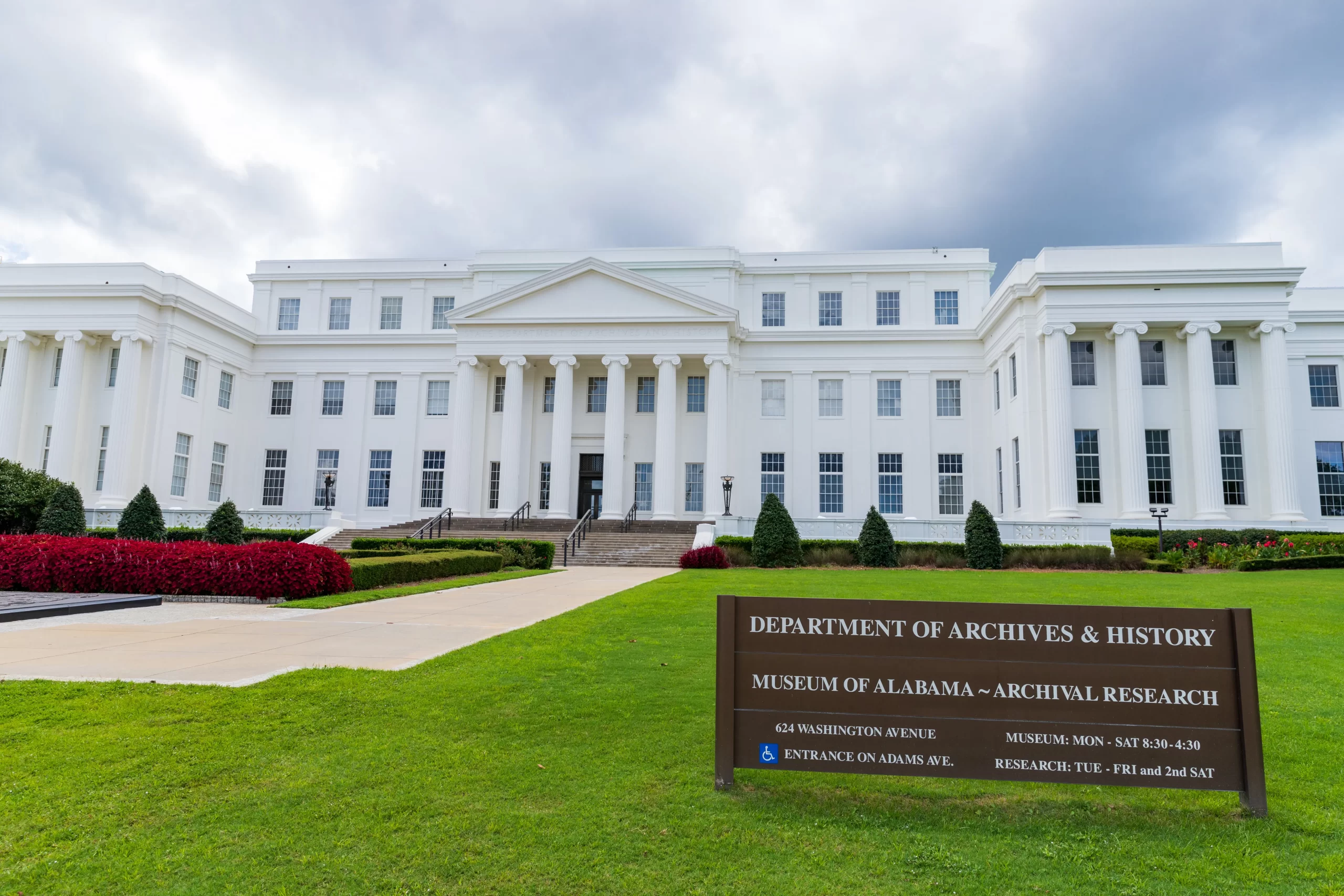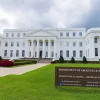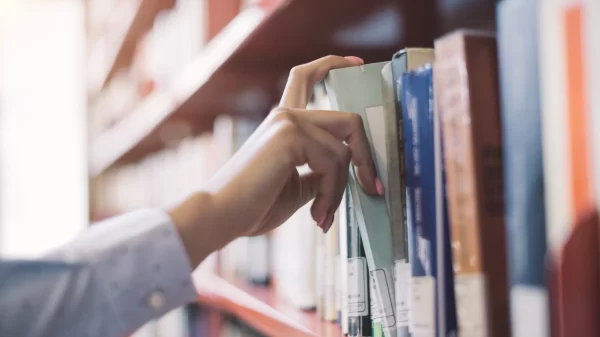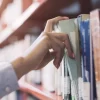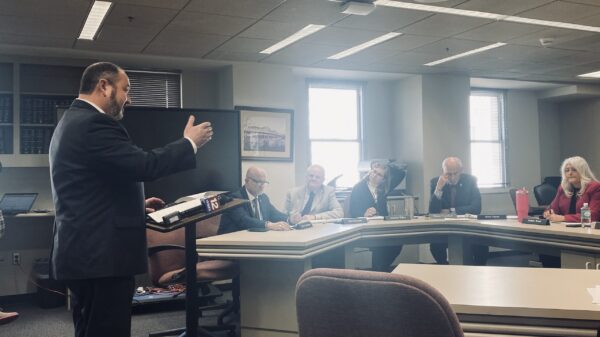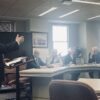|
Getting your Trinity Audio player ready...
|
There are many things in Alabama of which to be proud, in addition to its natural and human resources. Three state “firsts” have long topped my lists. The Alabama Department of Archives and History (ADAH), the Alabama ETV network, and the Network of Alabama Academic Libraries (NAAL).
ADAH
Growing up in Montgomery on Monroe and Adams Streets, I lived a block from the ADAH. In the summers, I used to run barefooted through its marbled indoor canyons. As a result, I early learned that it was the first state archives in America, when it was established a dozen or so decades ago, albeit with a flawed mission, I later learned. It ignored the archives and history of Black Alabamians and other minorities. Decades later, that is no longer the case, thanks to the leadership of Drs. Ed Bridges and Steve Murray over the past 40 years. Unfortunately, a South Alabama legislator has taken it upon himself to change that and return ADAH to the bad ole days when it neglected the history and archives of Black, gay, and other Alabamians. His prefiled bill to that end is unworthy of us and must be opposed in the 2025 Legislative session.
The Alabama ETV (now APTN) Network
It was also the first in America. When it was established in the early ‘50s, my friend, State Senator Karl Harrison of Columbiana, was responsible. A Shakespearen scholar, Karl early recognized the value of “educational television” and moved to ensure that we led the country in creating one. But, its essentiality has long been underappreciated by Alabamians, even some of those whose children were raised, as were mine, as residents of “Sesame Street” and “Mr. Roger’s Neighborhood.” However, whenever its scientific and political programs challenged our present prejudices, some in our state have moved to censor it, supporting Republican efforts in our nation’s Capitol to cut its funding.
NAAL
It’s the third thing I’ve long been proud of, in part because I chaired the committees that got it started 40 years ago, when I was 11 th president of the University of Montevallo. NAAL is the statewide electronic network of the libraries of all instate public and private colleges and universities with graduate programs. When it was created in 1984, it, too, was first in America. But, it wasn’t long before the idea was replicated in other states, just as they had done earlier with ADAH and APTN.
On October 3 last, librarians from throughout Alabama met at UM to celebrate the 40 th anniversary of NAAL, which has grown from 16 to 27 members, now including such institutions as the ADAH, Air University, and Supreme Court Libraries. NAAL’s resources have evolved from 6.3 million physical books to 11.1 million books, media, and serials, and 21.3 million digital and electronic materials and databases – a total of 32.34 million library collections available throughout Alabama. Governed by member librarians and administered by staff of the Alabama Commission on Higher Education (ACHE), NAAL is annually funded by the mechanism Gov. George Wallace first included in his 1984 legislative budget recommendation of $500,000, now a part of the ACHE appropriation. As a result, it has been wildly successful, not only in regard to the growth of the libraries, but in its service today to 170,000+ “fulltime students” … in its huge savings ($1.7 million in 2024 alone from 42 vendors) and its attraction of millions of dollars in grants … and its serving as the digital depository on Alabama history, places, and people, involving 500,000 items from 60 Alabama institutions.
Not all libraries in the state are experiencing such success. Some of our local public libraries are still under attack from a few parents and public officials who want local librarians to babysit children and to move or remove books so that they cannot encounter them. That’s like taking down serious art from our art museums or moving it to back rooms to avoid its been seen by children or tearing out of the Bible all of the pages of sex and violence. Since I was a boy, I’ve thought of public libraries as sacred places, their shelves as intellectual altars, their librarians as high priests of our cultural and historical heritage. To mess with libraries is to mess with the underpinnings of civilization and any short-term “gain” is always outweighed by the longer-term costs. That’s why censorship never works, never lasting until the politics of the moment change. But, in the interim great damage can be done to people and the places I revere.
Patrons desiring bibliographical materials to be available to them when they visit libraries must insist that other patrons’ interests be served also. Exceptions to that rule denies all things to all of us.








































